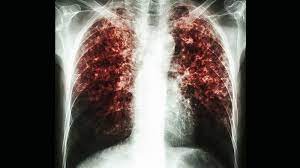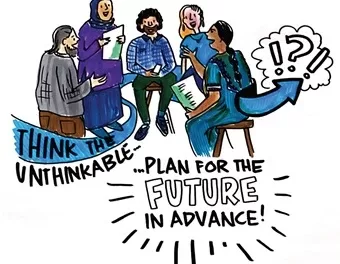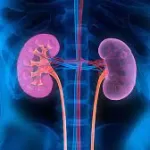Hospital admissions for heart attacks spike following exposure to lower air temperatures and cold spells, according to a new study published in the Journal of the American College of Cardiology (JACC) and presented at the European Society of Cardiology (ESC) Congress 2024. These findings highlight the critical need to understand how global warming, despite contributing to colder weather in specific regions, affects cold-related cardiac risks.
The nationwide study reveals that short-term exposure to colder air temperatures significantly increases the risk of myocardial infarction (MI) hospitalization, particularly within two to six days after the cold exposure. This discovery suggests that individuals are particularly vulnerable to acute cardiac events during periods of cold stress.
Wenli Ni, PhD, the lead author of the study and a postdoctoral research fellow at Harvard University, emphasized the importance of recognizing the delayed onset of heart attack risks following cold spells. “This temporal pattern may indicate a delayed onset of cold-related impacts on MI risk, aligning with prior research underscoring delayed cardiovascular effects of cold exposure,” Ni said. “Understanding this cold-to-MI risk lag sequence may be important for designing and implementing targeted preventive interventions.”
Study Design and Findings
The research, based in Sweden—a region known for its cold climate—tracked 120,380 individuals from the SWEDEHEART registry. The study analyzed how short-term exposure to lower air temperatures and cold spells influenced heart attack hospital admissions during Sweden’s cold season (October to March) from 2005 to 2019.
Cold spells were defined as periods of at least two consecutive days where the average daily temperature was below the 10th percentile of temperatures recorded across the study period. Results showed that exposure to lower air temperatures was associated with an increased risk of total MI, as well as specific types of heart attacks like non-ST-segment elevation myocardial infarction (NSTEMI) and ST-segment elevation myocardial infarction (STEMI), two to six days after the exposure. Similarly, cold spell exposure was linked to increased risks within the same timeframe.
Interestingly, the study also found that the risk of heart attack hospitalizations decreased on the first day of exposure. Researchers speculate that this temporary protective effect may be due to behavior modifications during cold weather, such as staying indoors or delaying healthcare due to service disruptions. However, these behaviors are not sustainable and could explain the delayed increase in hospital admissions two to six days later.
Implications for Healthcare
JACC Editor-in-Chief Harlan M. Krumholz, MD, highlighted the study’s importance, noting that it underscores the need for targeted interventions to protect vulnerable populations during and after cold stress. “These findings also underscore the urgent need for targeted interventions to protect vulnerable populations during and, particularly, after cold stress,” Krumholz said.
The study’s findings have significant implications for how healthcare professionals approach cardiovascular health, especially in the context of increasingly unpredictable climate patterns. In an accompanying editorial, Kai Chen, PhD, an associate professor of Epidemiology at the Yale School of Public Health, and Khurram Nasir, MD, a professor of Cardiology at Houston Methodist, called for a reevaluation of current approaches to managing environmental factors and cardiovascular health.
“Our approaches must be reevaluated in the context of increasingly unpredictable climate patterns,” Chen and Nasir commented. “Addressing both ends of the temperature spectrum will ensure our healthcare systems are well equipped to manage and mitigate these challenges, ultimately fostering a more sustainable and resilient cardiovascular future.”
Conclusion
The study’s findings emphasize the need for heightened awareness and preventive measures during periods of cold stress, particularly as global climate patterns continue to evolve. As the world grapples with the dual challenges of global warming and extreme weather conditions, understanding the intricate relationship between environmental factors and cardiovascular health becomes increasingly crucial.











